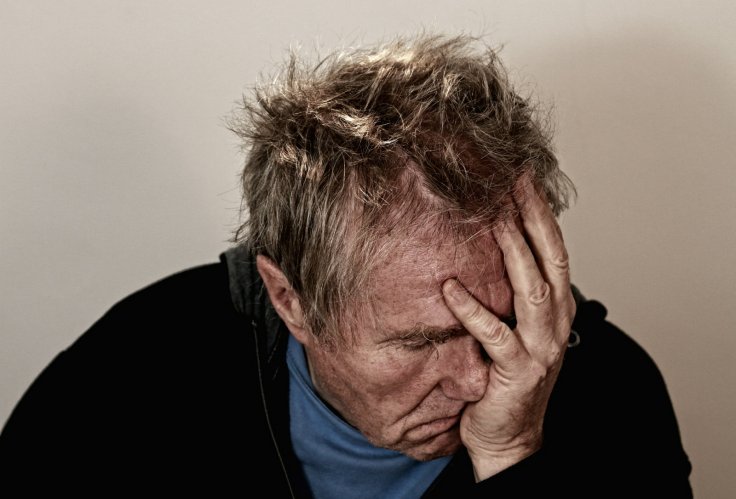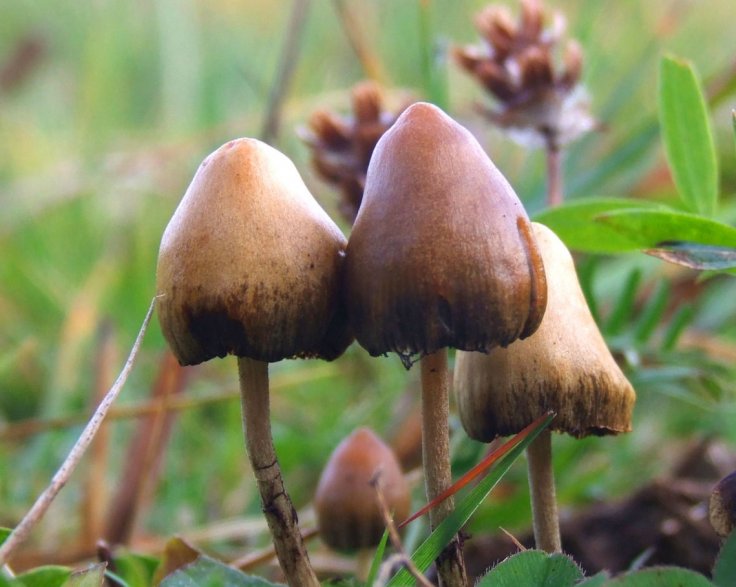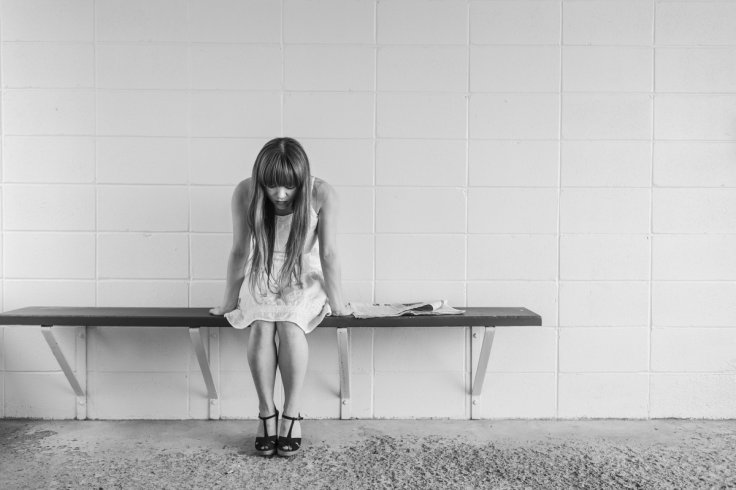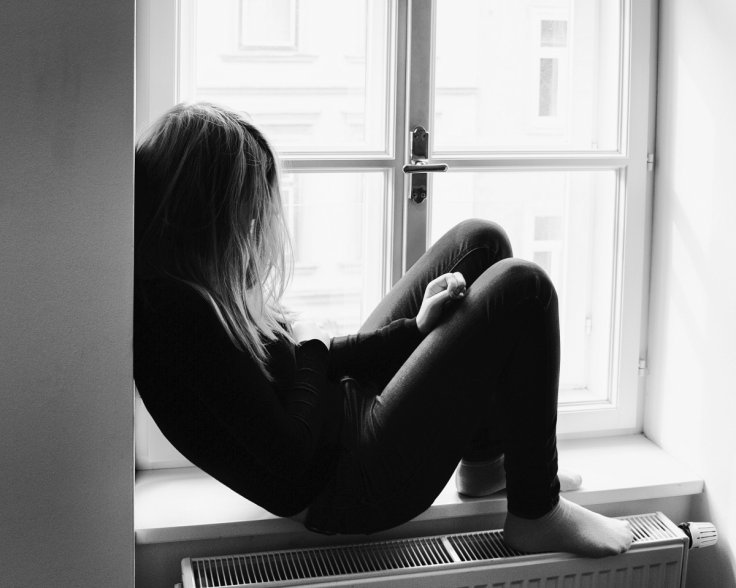Psilocybin, the psychedelic compound found in magic mushrooms, could help treat depression and cure patients quite easily without the help of traditional therapies, according to a new study. The component helps to "open up" the brains of depressed people even after use, enabling brain regions to talk more freely to one another, the study claims.
The new findings were shared after human trails that showed "promising advance" and could come as a major help where traditional therapies haven't been successful. The study was conducted by Imperial College London's Centre for Psychedelic Research by scanning the brains of more than 60 people receiving treatment for depression.
Big Breakthrough

According to scientists at the Imperial College London, the study suggests that the compound, psilocybin, helps in opening up communication between different parts of the brain. It then works therapeutically to ease depression. They believe it could be used to treat other psychiatric illnesses characterized by fixed thought patterns.
Psilocybin is one of a handful of psychedelics being studied as a potential therapy for psychiatric diseases, according to the researchers. However, it has to be carefully administered under the supervision of mental health professionals.
The researchers believe they have also made a breakthrough in finding out how psilocybin's therapeutic effects on the brain work.

The study was published on Monday in the journal 'Nature Medicine'. The report says that the scientists arrived at the result after examining the brains of more than 60 patients suffering from depression.
They first collected brain scans from of the 60 individuals who had taken part in psilocybin therapy clinical trials. The scans revealed unique changes in the patients' brain circuitry after they took the drug.
A synthesized variant of the medication has been tested in several studies to treat people with depression and anxiety, with encouraging results.
Encouraging Results

The latest findings, which come from two trials combined, suggest that those who reacted to psilocybin-assisted therapy had improved brain connectivity not just during treatment, but also up to three weeks later.
Self-reported improvements in depression were linked to this "opening up" effect. Similar alterations in brain connections were not observed in individuals taking a standard antidepressant (escitalopram), implying that the psychedelic has a different mechanism of action in treating depression.
Similar alterations in brain connections were not observed in individuals taking a standard antidepressant (escitalopram), implying that the psychedelic has a different mechanism of action in treating depression.

Professor Robin Carhart-Harris, the senior author of the paper and former head of the Imperial Centre for Psychedelic Research, who is now based at the University of California, said: "The effect seen with psilocybin is consistent across two studies, related to people getting better, and was not seen with a conventional antidepressant.
"In previous studies we had seen a similar effect in the brain when people were scanned whilst on a psychedelic, but here we're seeing it weeks after treatment for depression, which suggests a 'carry over' of the acute drug action."
However, the authors warned that while these findings are encouraging, previous trials assessing psilocybin for depression took place under controlled, clinical conditions, using a regulated dose formulated in a laboratory, and involved extensive psychological support before, during and after dosing, provided by mental health professionals.
Patients with depression should not try to self-medicate with psilocybin, as consuming magic mushrooms or psilocybin without these precautions may result in negative consequences.









